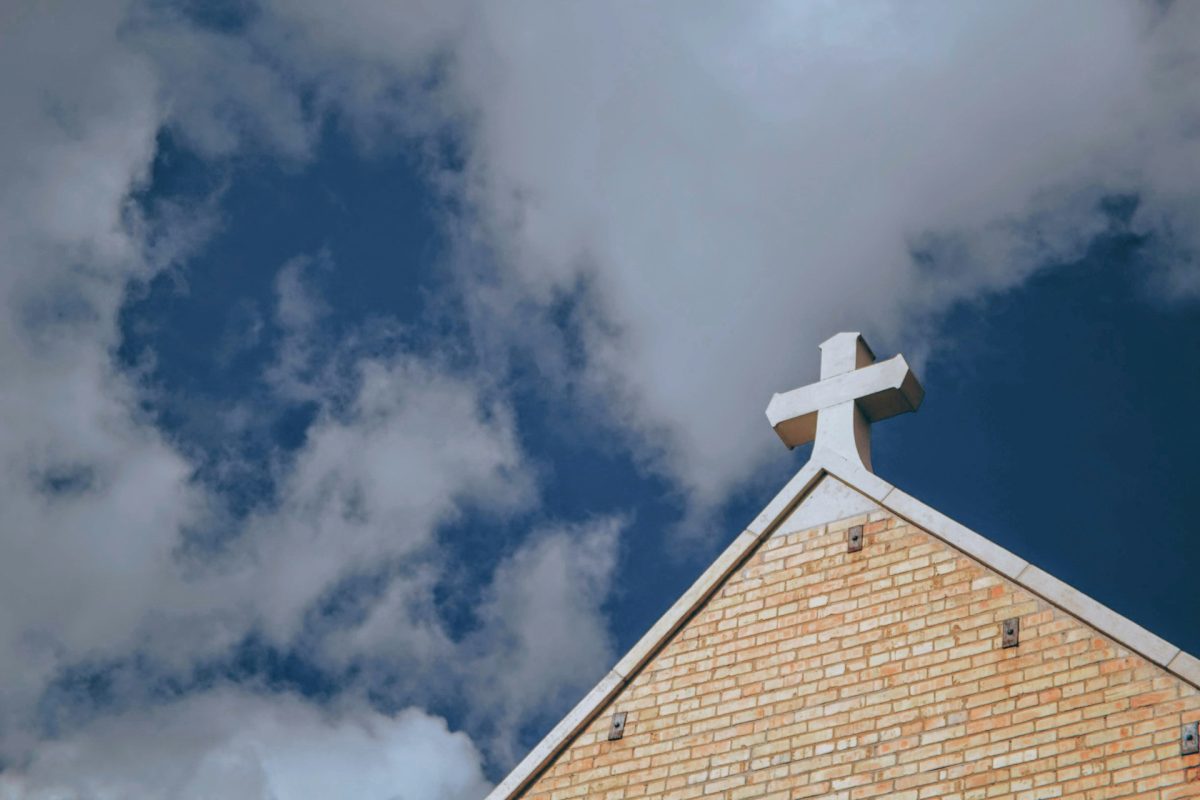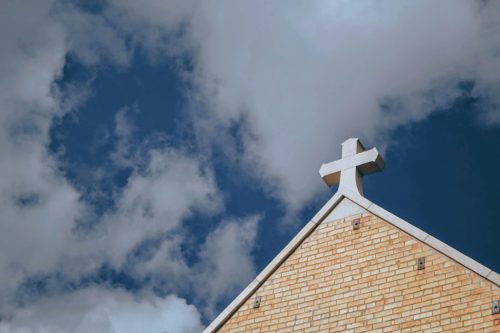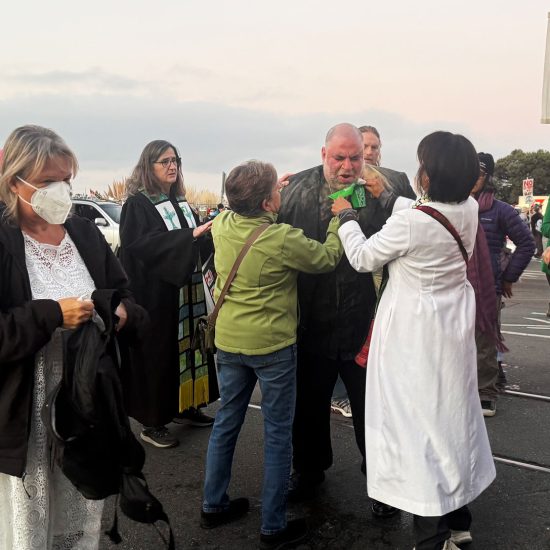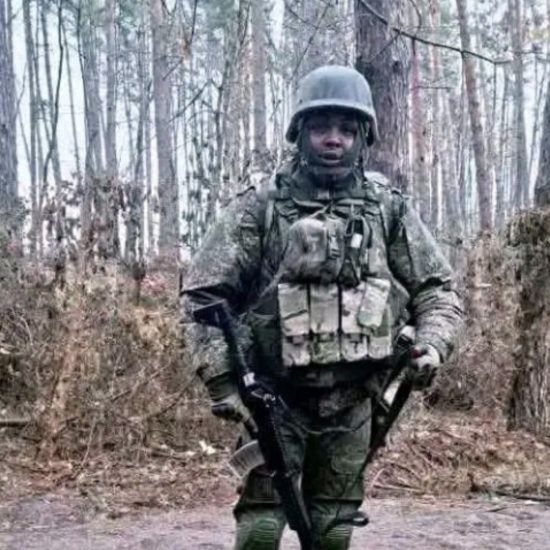
As the 2025 legislative session of the Missouri General Assembly nears the finish line, one bill moving closer to Gov. Mike Kehoe’s desk purports to allow public schools to hire spiritual chaplains.
However, if one reads the text of the legislation, it’s actually just pushing chaplains in name only.
The bill already cleared the Senate and House committees, thus just needing support from the full House. As a Baptist minister and the father of a public school child, I hope lawmakers will recognize the bill remains fundamentally flawed.

Photo by Joshua Hoehne on Unsplash
A chaplain is not just a pastor or a Sunday School teacher or a street preacher shouting through a bullhorn. This is a unique role, often in a secular setting that requires a chaplain to assist with a variety of religious traditions and oversee a number of administrative tasks.
That’s why the U.S. military, Missouri Department of Corrections, and many other institutions include standards for chaplains like meeting educational requirements, having past experience, and receiving an endorsement from a religious denominational body.
In contrast, the legislation on school “chaplains” originally sponsored by Republican Sens. Rusty Black and Mike Moon includes no requirements for who can be chosen as a paid or volunteer school “chaplain.” Someone chosen to serve must pass a background check and cannot be a registered sex offender, but those are baseline expectations for anyone serving in our schools.
While a good start, simply passing a background check does not mean one is qualified to serve as a chaplain.
The only other stipulation in the bill governing who can serve as a school “chaplain” is that they must be a member of a religious group that is eligible to endorse chaplains for the military. Senators added this amendment to prevent atheists or members of the Satanic Temple from qualifying as a school “chaplain.”
Members of the Satanic Temple testified in a Senate Education Committee hearing that they opposed the bill but would seek to fill the positions if created, which apparently spooked lawmakers. That discriminatory amendment, however, does nothing to ensure a chosen “chaplain” is actually qualified. For instance, the Episcopal Church is on the military’s list of endorsing organizations. Just because some Episcopalians meet the military’s requirements for chaplains and can serve does not mean all Episcopalians should be considered for a chaplaincy position.
While rejecting this unnecessary bill is the best option, if lawmakers really want to create a school chaplaincy program, they must significantly alter the bill to create real chaplain standards. Lawmakers could look to other states for inspiration on how to fix it.
For instance, Arizona lawmakers a few weeks ago passed a similar bill — except their legislation includes numerous requirements to limit who can serve as a chaplain. Among the various standards in the Arizona bill is that individuals chosen to serve as a school chaplain must hold a Bachelor’s degree, have at least two years of experience as a chaplain, have a graduate degree in counseling or theology or have at least seven years of chaplaincy experience and have official standing in a local religious group.
Rather than passing a pseudo-chaplaincy bill, Missouri lawmakers should add similar provisions.
The Arizona bill also includes other important guardrails missing in Missouri’s bill that will help protect the rights of students and their parents. Arizona lawmakers created provisions to require written parental consent for students to participate in programs provided by a chaplain. Especially given the lack of standards for who can serve as a school “chaplain,” the absence of parental consent forms remains especially troubling.
Additionally, Missouri’s school “chaplain” bill includes no prohibition against proselytization. This is particularly concerning since the conservative Christian group who helped craft the bill in Missouri and other states — and who sent a representative to Jefferson City to testify for the bill in a committee hearing — has clearly stated their goal is to bring unconstitutional government prayer back into public schools.
To be clear, the U.S. Supreme Court did not kick prayer out of schools. As long as there are math tests, there will be prayer in schools. What the justices did was block the government from writing a prayer and requiring students to listen to it each day. Such government coercion violated the religious liberty rights of students, parents, and houses of worship, so the justices rightly prohibited it. Using “chaplains” to return to such coercion is wrong and should be opposed.
There are many proposals and initiatives lawmakers could focus on in these waning weeks of the session if they really want to improve public education. There are numerous ways they could work to better support our teachers and assist our students. Attempting to turn public schools into Sunday Schools is not the answer.
Missouri Independent is part of States Newsroom, a nonprofit news network supported by grants and a coalition of donors as a 501c(3) public charity. Missouri Independent maintains editorial independence. Contact Editor Jason Hancock for questions: info@missouriindependent.com.






